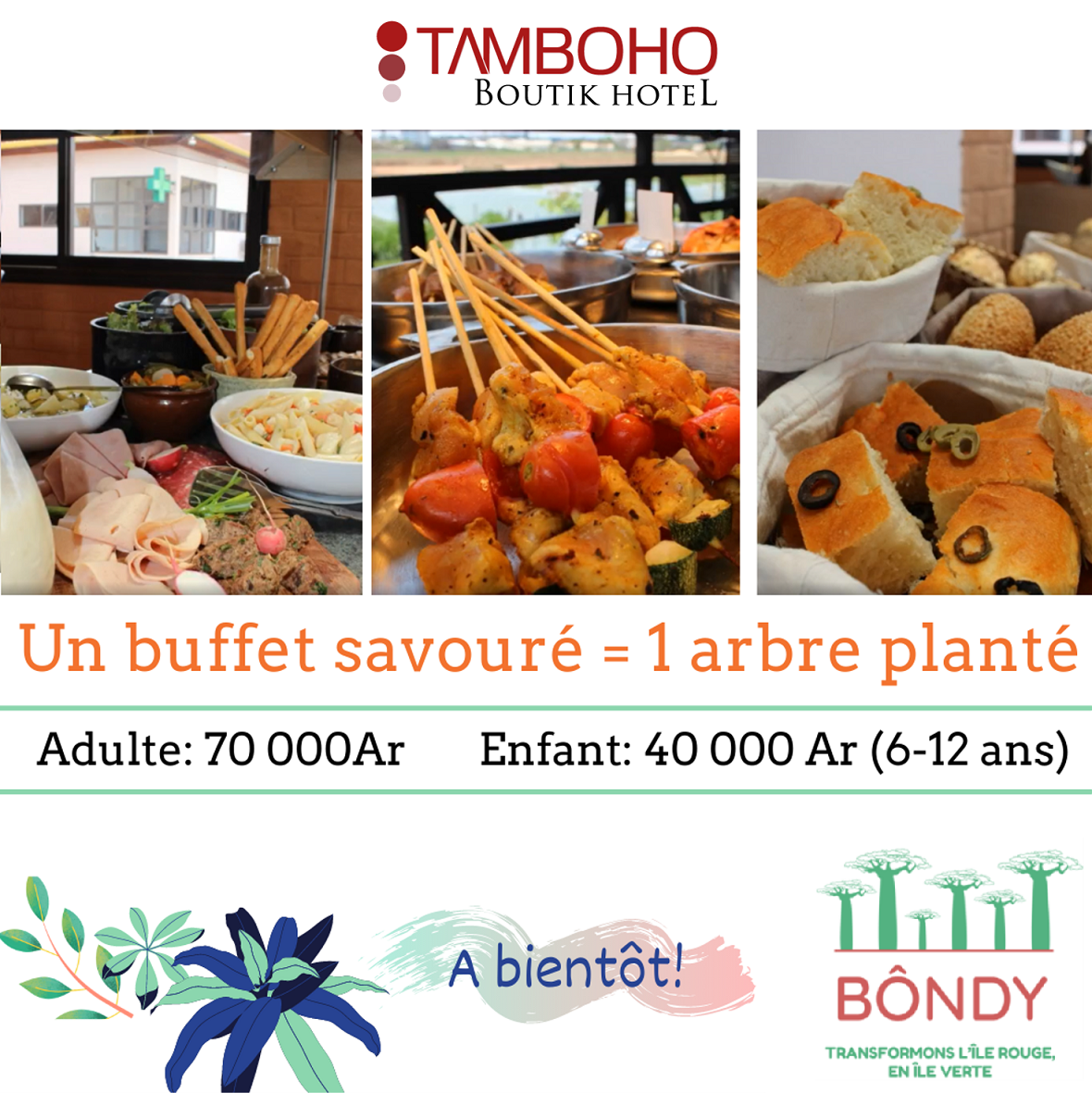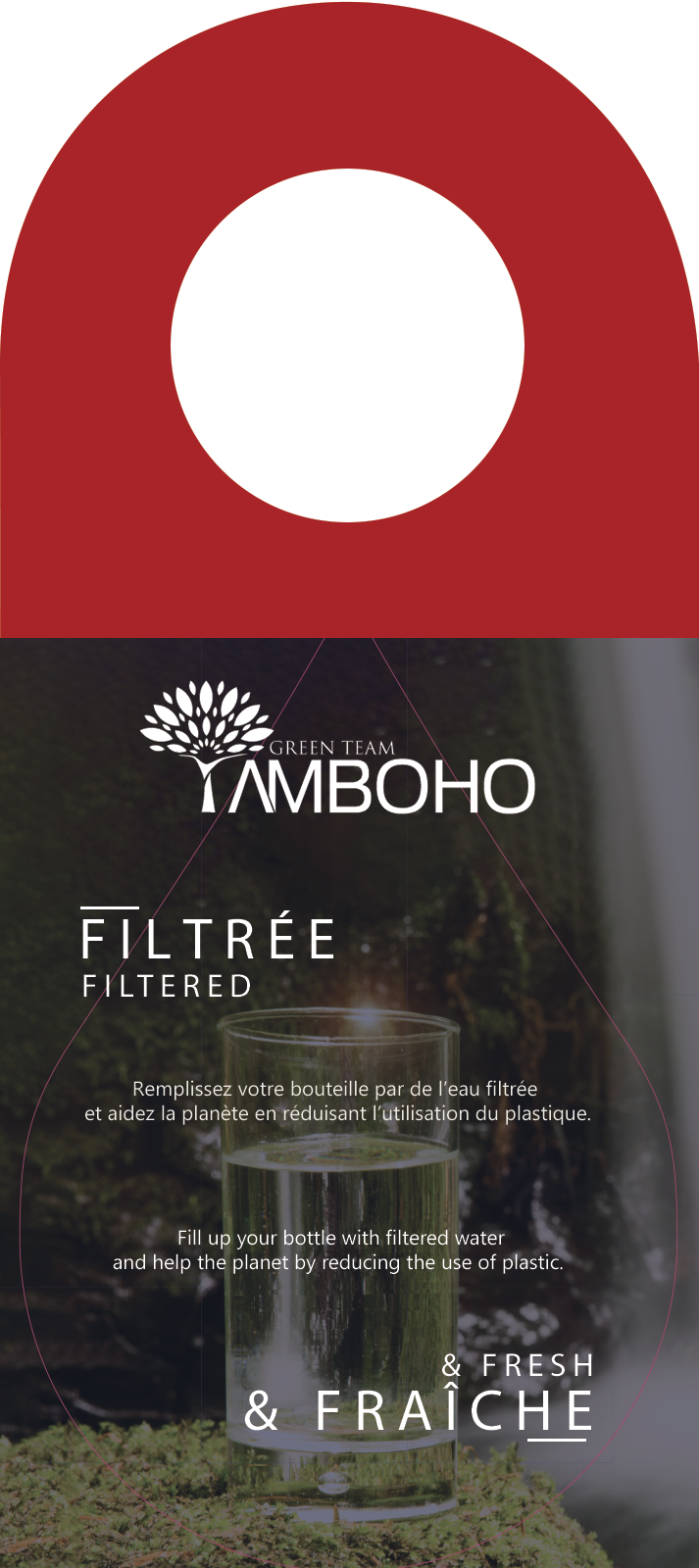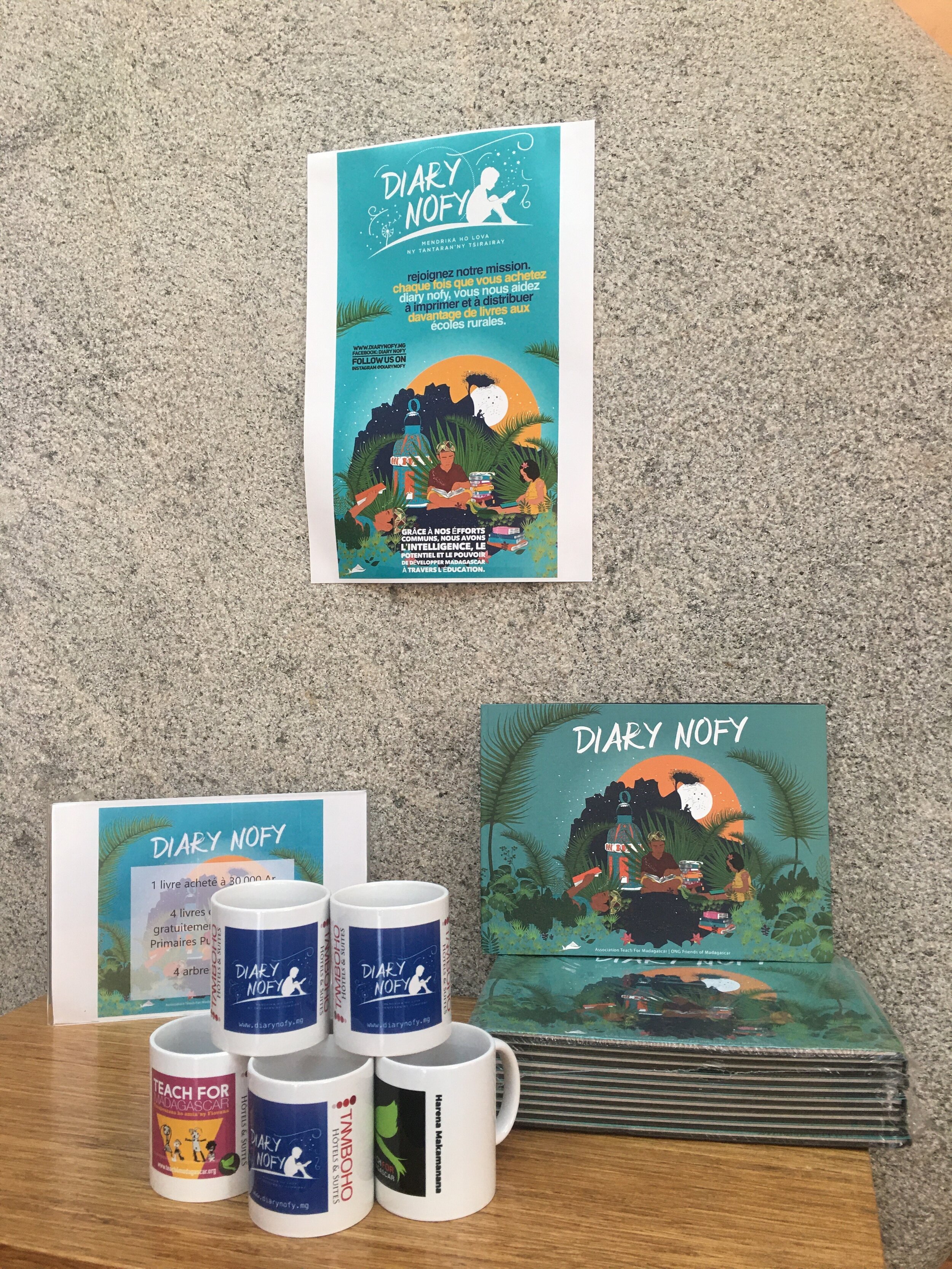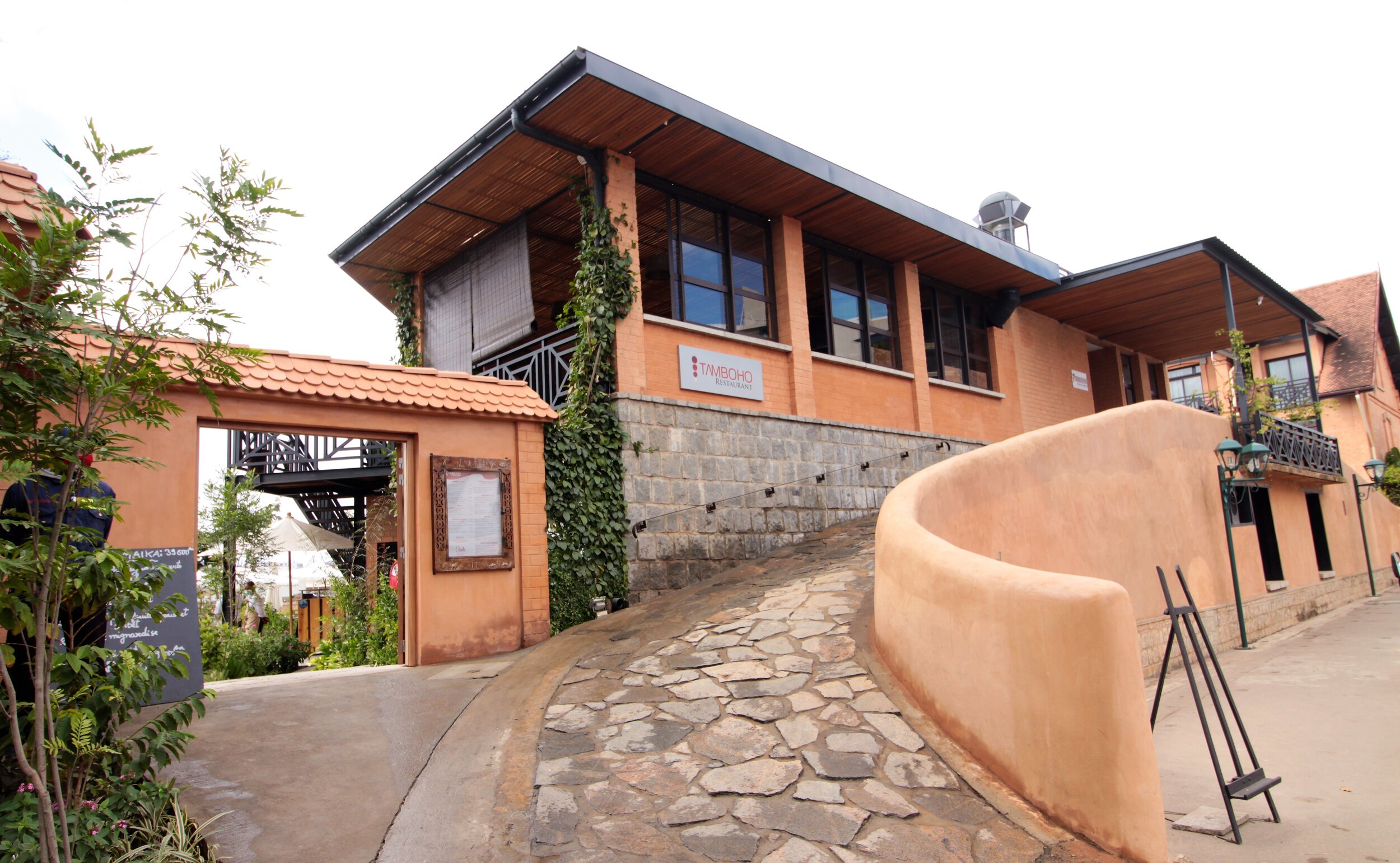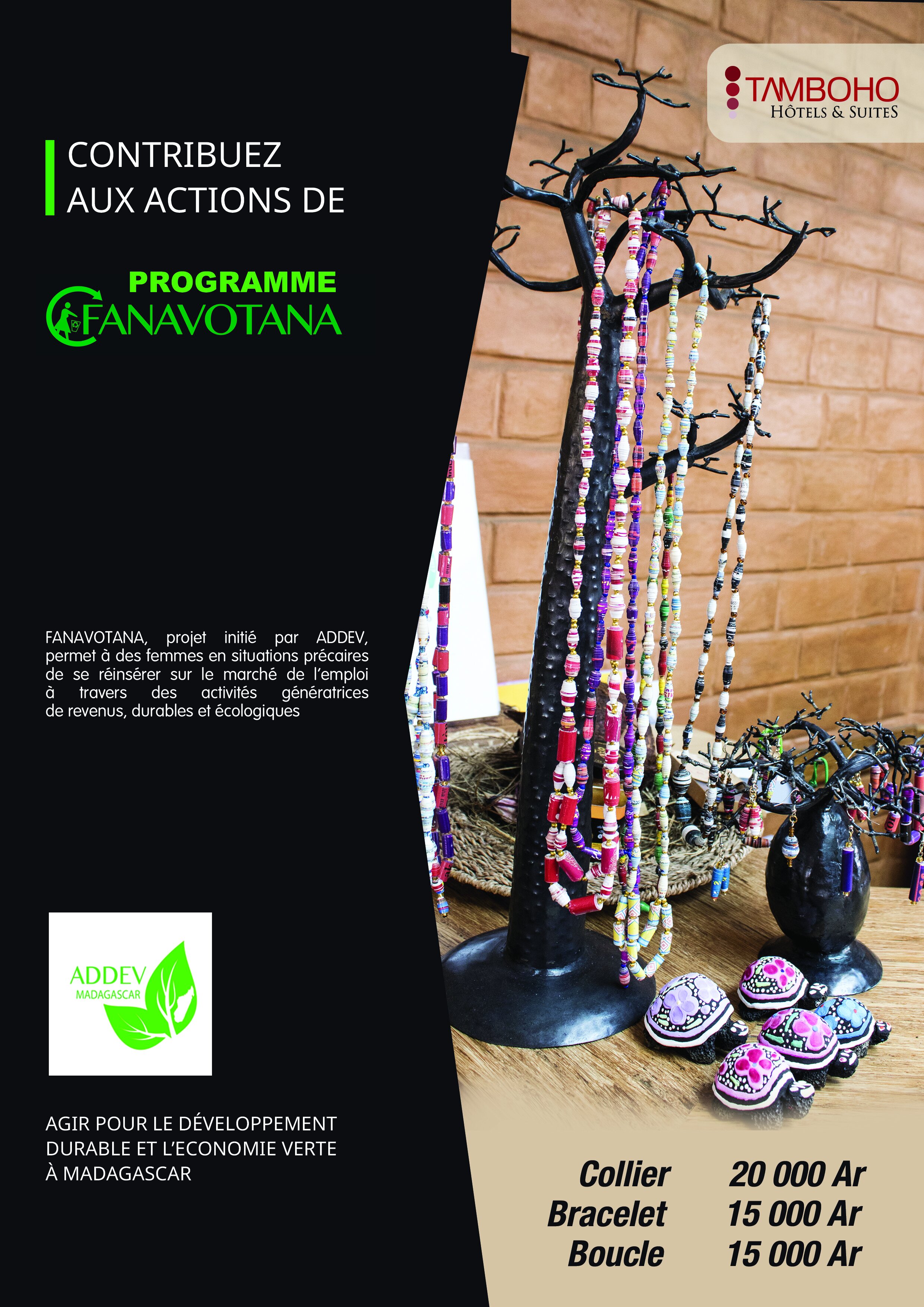Easy identification of sustainable eco-friendly travel options, limited use of single-use plastics and financial incentives for accommodation providers who maximize energy efficiencies are the top three additional measures needed to make travel more sustainable according to Agoda’s Sustainable Travel Trends Survey.
The findings from the Survey also revealed globally that overtourism, and pollution of beaches and waterways are the top two concerns of the impact of tourism, with deforestation and energy inefficiencies (including overconsumption of electricity/water) ranking joint third.
Globally, the travellers consider governments most accountable for making positive environmental changes around travel, followed by tourism authorities and individuals themselves.
When asked what travellers would pledge to do better in a post COVID travel scenario, the top responses globally were #1 manage the waste including using less single-use plastics, #2 switch off the air con and lights when leaving the accommodation, and #3 always look for eco-friendly accommodation.
The top practices most associated with environmentally friendly or sustainable travel are #1 renewable energy and resources like solar, wind, hydroelectric and water, #2 no single-use plastics, joint number #3 animal conservation and creating a smaller carbon footprint.
“We can see from the Agoda Sustainable Travel Trends Survey that the messages of taking simple steps such as switching off lights and air conditioning when leaving the room or reducing waste by minimizing use of single-use plastics are being embraced by the public across the globe. What is also clear is that while globally the message is governments need to take the lead on managing sustainable travel, there is recognition that some responsibility lies with people’s own behaviour,” explains John Brown, CEO Agoda.
The full Agoda Sustainable Travel Trends Survey 2021 can be downloaded here: Agoda Sustainable Travel Trends Survey 2021 - Agoda Partner Hub




